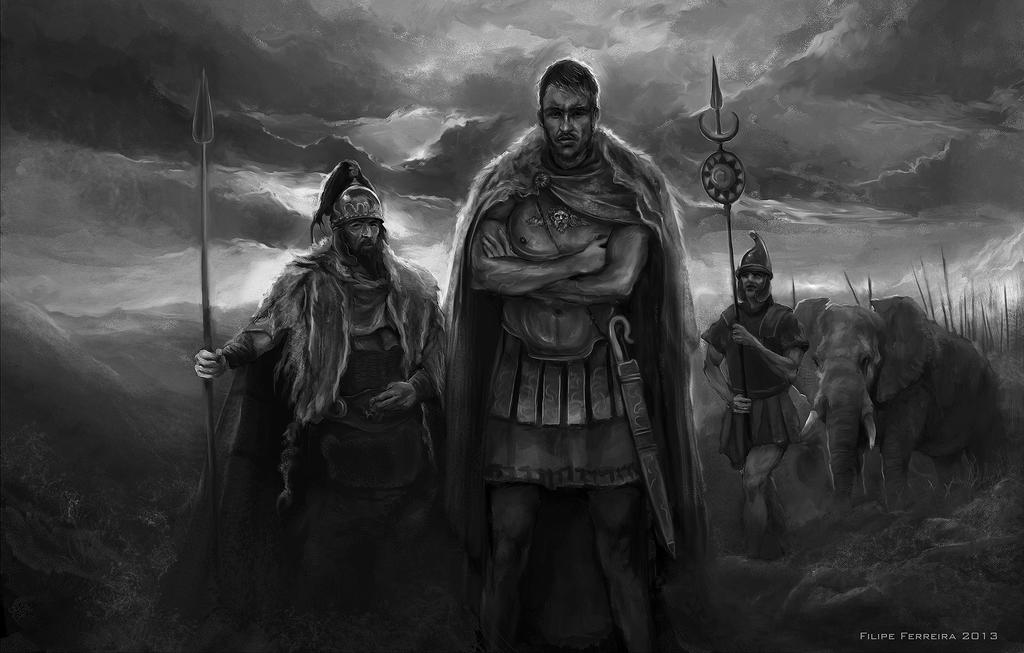“To fight and conquer in all our battles is not supreme excellence; supreme excellence consists in breaking the enemy’s resistance without fighting.”
Sun Tzu

Applying military values to the workplace and career works; it is from discipline and a combination soft and hard power that spontaneity evolves. “What is this guy on?!” you may ask, you may suggest “This is the era of ‘Soft Skills’ and ‘Digital Natives’! Military-style disciplinarians at the office are history, they were the worst!” Or you may even think “not another traditionalist.”
There are numerous articles on avoiding toxic workplaces and the invaluable lessons on ‘Soft Skills’ . There is an increasing focus on the needs of the emerging graduate workforce and employers are often expected to match graduate expectations. According to the Telegraph, “graduates are struggling to wade through generic company messaging to find their way to the right job…and the result is 1 in 4 graduates quit within a year of starting work.”
Hannibal Barca marched his Carthaginian army across the Alps. He lost half his army along the way to the winter cold. Similarly Alexander the Great marched his army from ancient Greece to India in the space of eight years. What did these men and their armies achieve by pushing themselves to the extreme? They won remarkable victories and they both achieved historical fame. How did the Roman Army become the best the world had seen in its time? It was disciplined, relentless and adopted new strategies and tactics to not just survive but evolve. The reward was loot, treasures, empire, fame, and being the subject of debate for military scholars and historians hundreds of years after they had gone.
What defined Sir Alex Ferguson, Jose Mourinho and Brian Clough? They were ruthless and defeats were guaranteed to be few and far between. They got results, whatever the cost. However more importantly they got the balance right between ‘hard’ and ‘soft’ skills. They won piles of trophies in the footballing world. At the other end of the spectrum Paulo Di Canio had a mutiny on his hands at Sunderland in 2013 after he cracked the whip too hard whilst Arsenal F.C have been defined as a ‘friendly club’ and therefore easy to bully in the crunch games. With all the new trends emerging across the globe, the rise of the millennials and digital natives, the ever strenuous push for ‘world peace’, and the technological revolution you’d be forgiven for thinking that the past, particularly military history, has little to teach us bar substantial barbarity.
Granted, a hard-core disciplinarian without a reward system, trying to impose their views forcefully on other and the lacking ability to be flexible is not a good leader. Balance between sacrifice and reward, balance between discipline and innovation, balance between compassion and discipline and timely daring and timely caution. These are the military qualities have served the best military commanders and the best businessmen. Generals and leaders have only failed when they got this balance wrong. The digital natives don’t want to be too nice for their own good. Field Marshal Hague technically worked from home in the First World War, dishing out archaic strategies and orders miles behind the trenches. The result? This reoccurred across Europe a century ago with the deaths of millions of young men.
Dramatic? Certainly, but why does this affect the new generations pouring into the workplace? We expect employers to accommodate our needs, expect success and above all we have instant expectations. Everything that happened yesterday is largely forgotten and we operate at break-neck speed, preparing graduates for jobs and roles that have scarcely been invented or taken off as projects. The digital world dominates in its entirety in the workplace. There were there were 4.2 million UK home workers in the first three months of 2014, amounting to 13.9% of the workforce. . This was the highest since records began and according to Futureboard’s research this looks like a trend that is set to increase with the introduction of the ‘Millennials’ and ‘Digitial Natives’ into the workplace. The latter facts are disconcerting to some extent.
“Too many bosses still don’t trust staff to work from home and instead force them to trudge into the office so they can keep an eye on them,” said Frances O’Grady, the TUC’s general secretary. “Employers’ attitudes to new working practices must change to make a much better use of modern technology in all workplaces.” Since when has an email be more effective than a face to face discussion? I have learnt more in a conversation than I will in the content of an email. I have worked from home before, yet I find it restrictive, anti-social, and a monotonous experience. There is less reward from working from home and technology for its wonders and the capability of our generation to utilise it is merely technology, it does not improve human instincts which have served us so well now and in the past.
We might be known by future generations as ‘the Softies’ and our ancestors would likely brand us as such in a heart-beat. Why lose our ruthless streak when it has served the best of us so well in the past?
Matthew Williams